 When potential students’ parents call, do you struggle with figuring out what to say on the phone? What information are they looking for, anyway? This post offers some ideas and suggestions.
When potential students’ parents call, do you struggle with figuring out what to say on the phone? What information are they looking for, anyway? This post offers some ideas and suggestions.
First, offer basic information about your studio.
The idea is to give them some details about how you run your studio, without overwhelming them. Some ideas:
- How often and how long are lessons.
- About other studio events: i.e., group lessons, the Spring Recital, the Christmas Party, the Summer Music Camp, etc.
- About other perks of your studio: i.e., lending library, SAT testing, lab time, incentive programs, etc.
- A little about yourself: how much you enjoy teaching, how long you’ve been teaching, what your teaching philosophy is (in a nutshell), or what your goals for your students are.
- Cost of tuition (save for last whenever possible), and what forms of payment are acceptable. Specify whether or not the cost of books and materials is included.
Offer Sources for Further Information
Once you’ve given them general information about your studio, you can then:
- Direct them to your studio website. There, they can perhaps find more studio information, your bio, pictures, audio files or videos, and forms/handouts such as your Studio Policies.
- Offer references. Talking to happy parents of current students is a great way to learn more about the studio.
- Offer a free trial lesson/interview with no obligation. This not only allows the parents/student the chance to meet you personally before making an obligation, but also allows you the chance to meet the student before officially accepting them into your studio.
Before hanging up, be sure to ask if they have any other questions. And always thank them for calling, whether or not they sound interested in taking lessons with you or not.
Tip: If you are like me and get a little shy/nervous on the phone, try making yourself a little list to keep by the phone. =)
What kinds of things do you make a note of telling potential students/parents?
Photo Credit: tylerdurden1 | CC 2.0



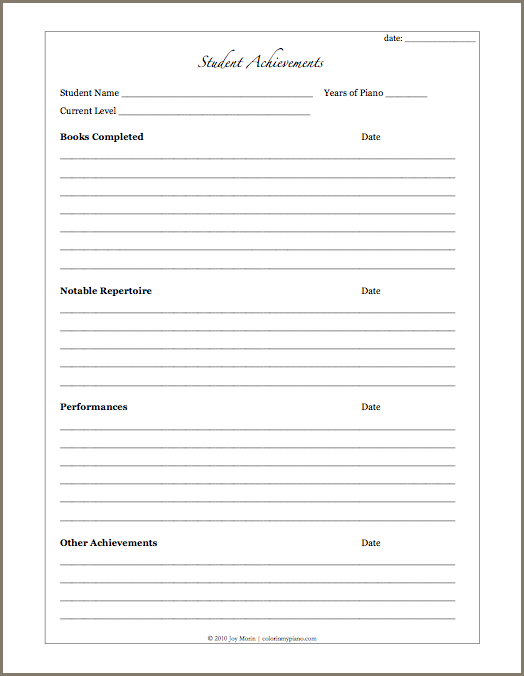
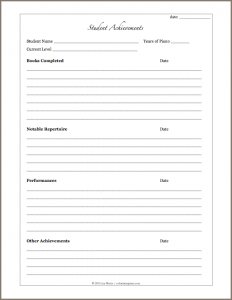
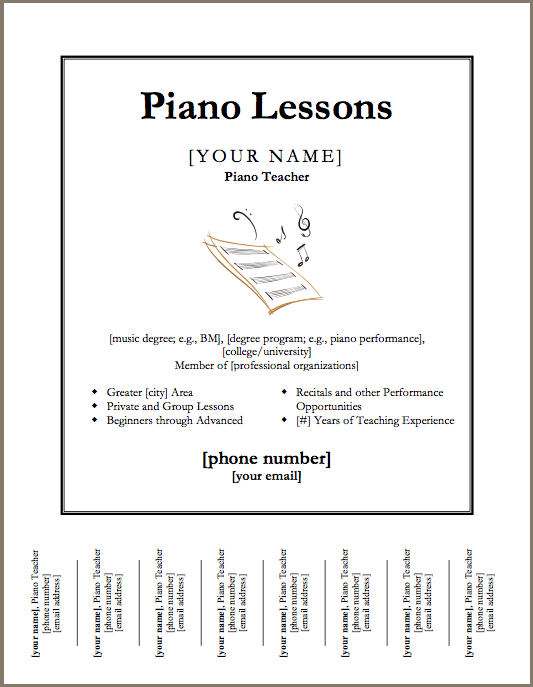
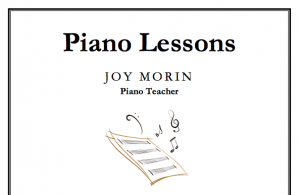


 June is over (summer is going by so quickly!!), and so is the
June is over (summer is going by so quickly!!), and so is the 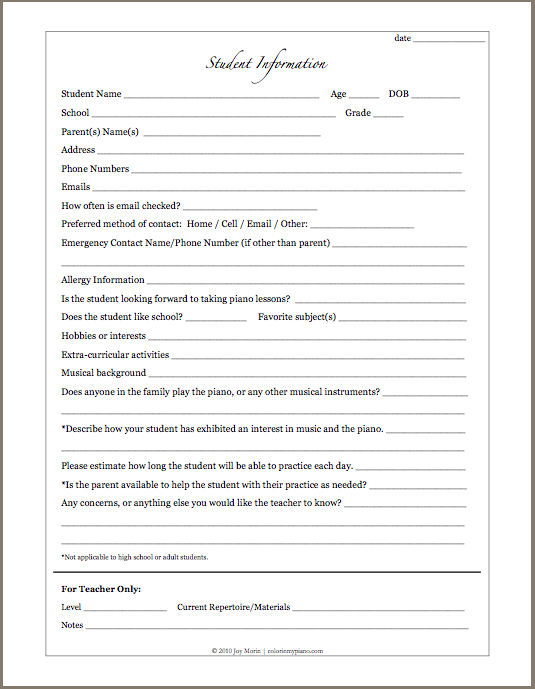
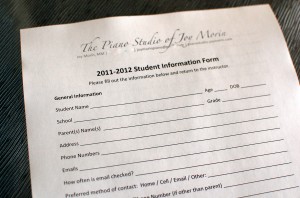 As part of my preparation for the upcoming academic year of teaching piano, I working updating all of my studio business forms. The following three forms have just completed renovation, and are available on the Printables page:
As part of my preparation for the upcoming academic year of teaching piano, I working updating all of my studio business forms. The following three forms have just completed renovation, and are available on the Printables page: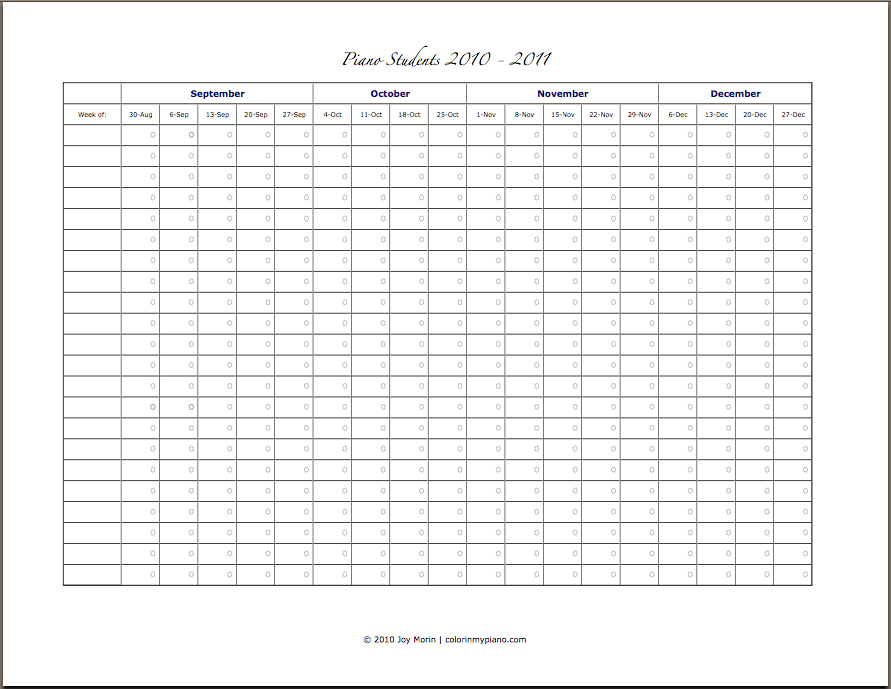
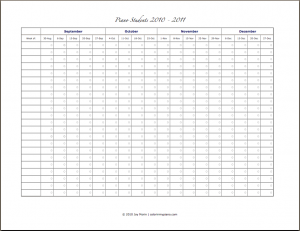 Just added to the page of free
Just added to the page of free 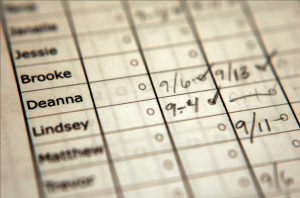
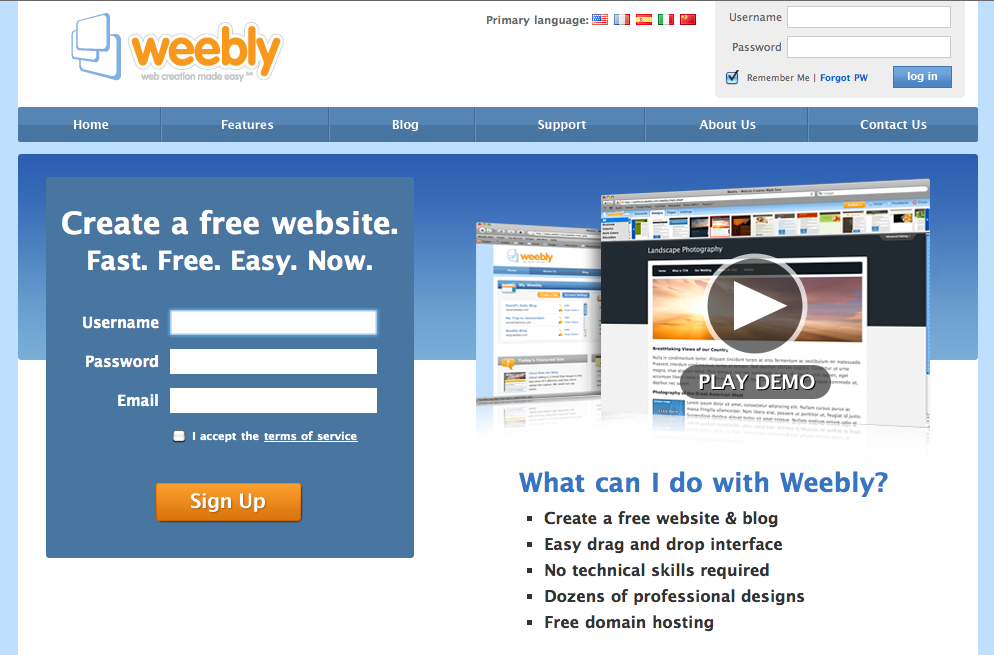


 When you get a phone call from an parent of a potential student asking about studio information, should you inform potential students of your rates first, or should you tell them about your studio first?
When you get a phone call from an parent of a potential student asking about studio information, should you inform potential students of your rates first, or should you tell them about your studio first?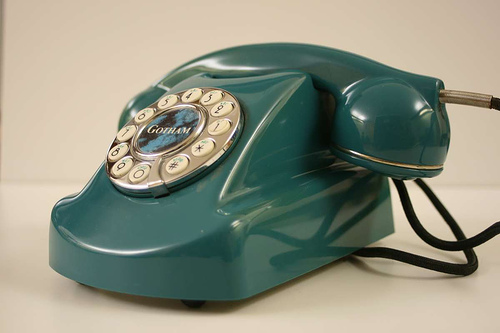
 A few months ago, I received a call from a parent who was looking for lessons for her two daughters. She was a little reluctant to commit to lessons because of a past experience with another teacher: the teacher was an excellent performer, but unfortunately not as great of a teacher. I chatted with her for a few minutes and I told her about my studio and my teaching experience. Then I offered to give her a trial lesson for free, so she could see for herself what my teaching style is like. She agreed to this, and afterwards, was happy to commit to lessons. We’ve been continuing ever since.
A few months ago, I received a call from a parent who was looking for lessons for her two daughters. She was a little reluctant to commit to lessons because of a past experience with another teacher: the teacher was an excellent performer, but unfortunately not as great of a teacher. I chatted with her for a few minutes and I told her about my studio and my teaching experience. Then I offered to give her a trial lesson for free, so she could see for herself what my teaching style is like. She agreed to this, and afterwards, was happy to commit to lessons. We’ve been continuing ever since.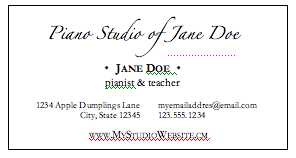
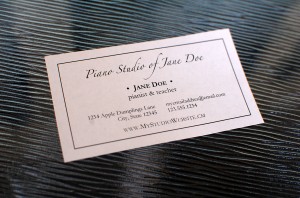 Having business cards on hand is a convenient and professional way to give your contact information to potential students and their parents. Here’s a simple, clean template for making your own business cards for your music studio!
Having business cards on hand is a convenient and professional way to give your contact information to potential students and their parents. Here’s a simple, clean template for making your own business cards for your music studio!